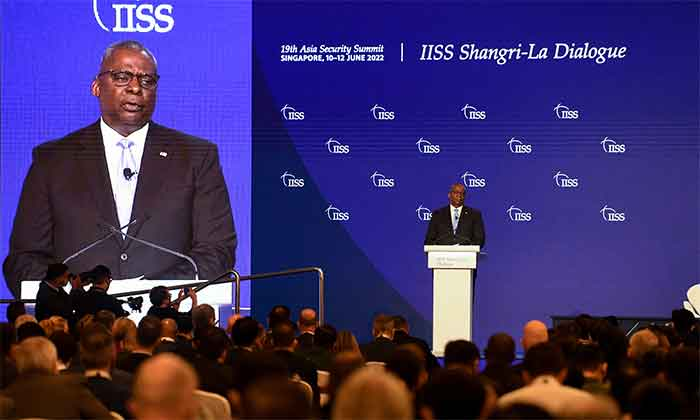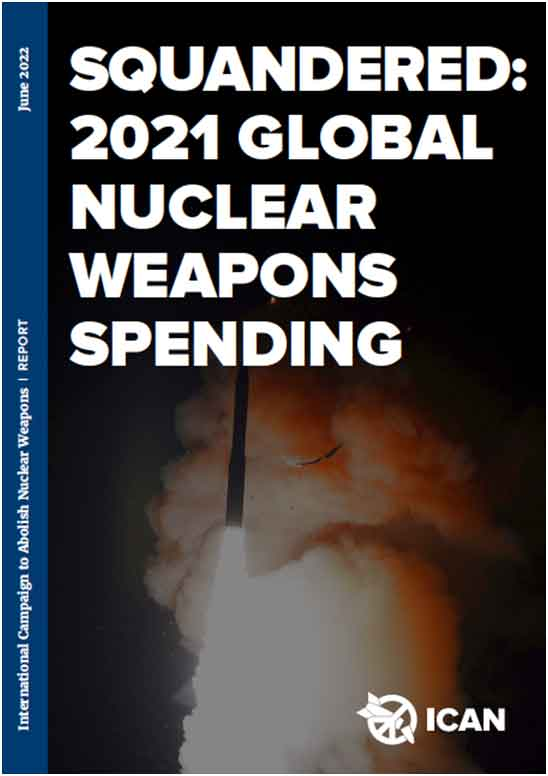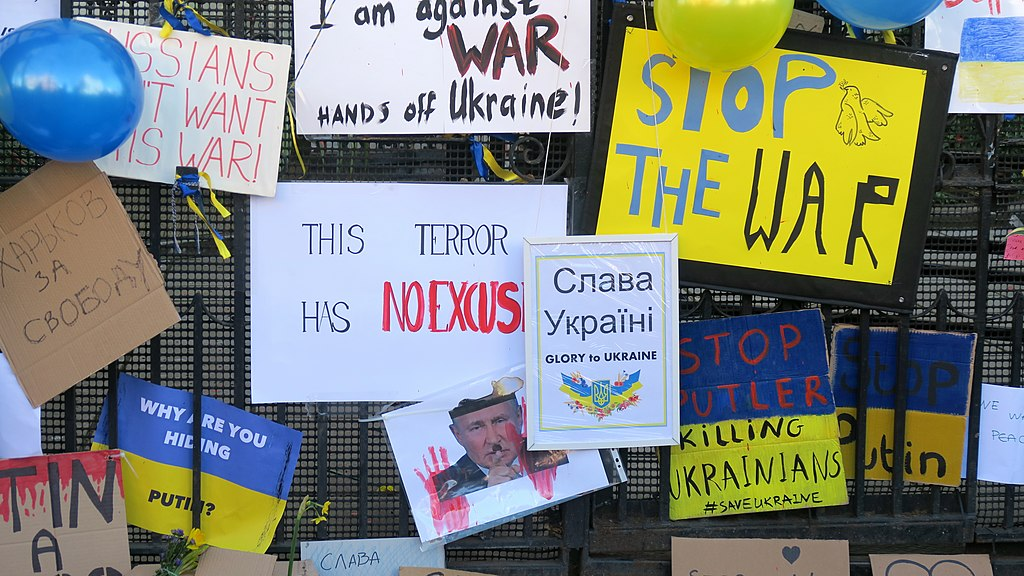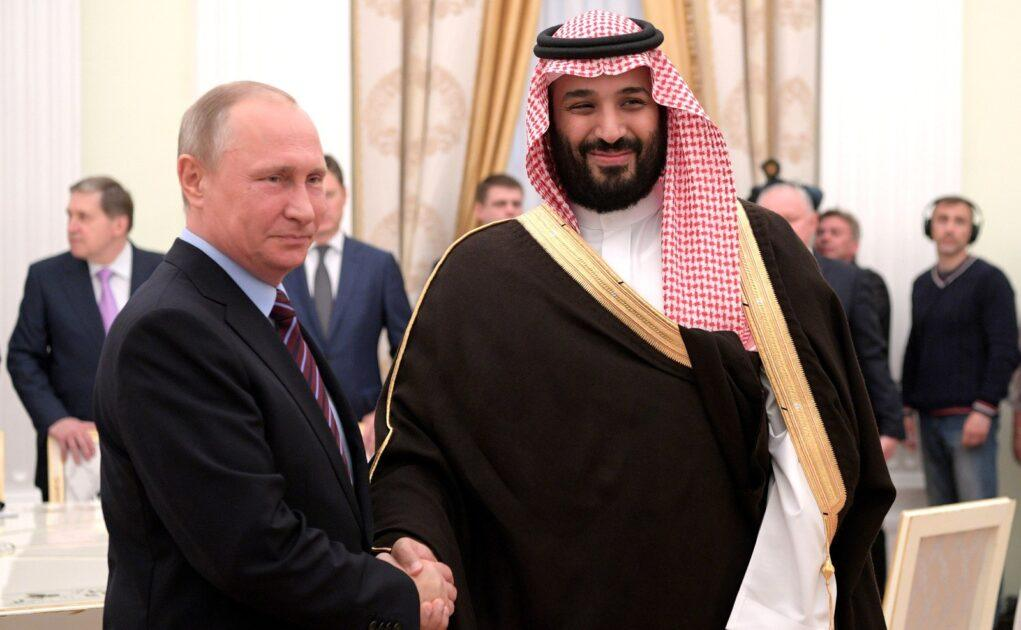Global Surplus Crude Oil Production Capacity
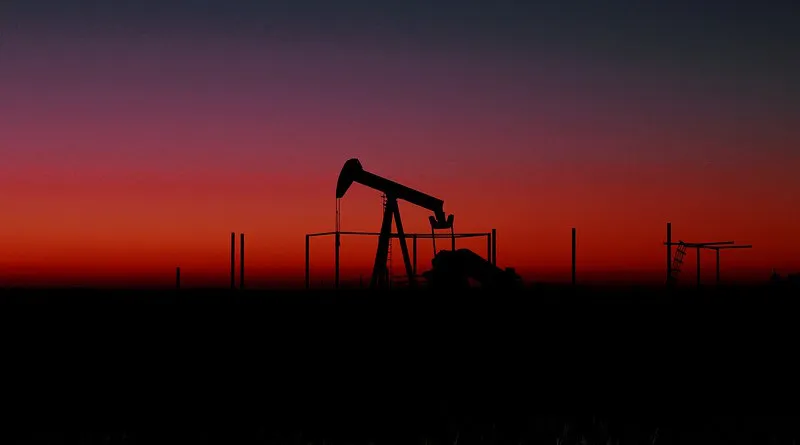
We have published our estimates of OPEC production capacity and surplus capacity every month since 2002 in our Short-Term Energy Outlook (STEO). This data series is a useful indicator of global oil market tightness. Large surplus production capacity numbers suggest that OPEC has restrained crude oil production in the past to avoid over-supplying markets, which would result in large inventory builds and lower prices.




